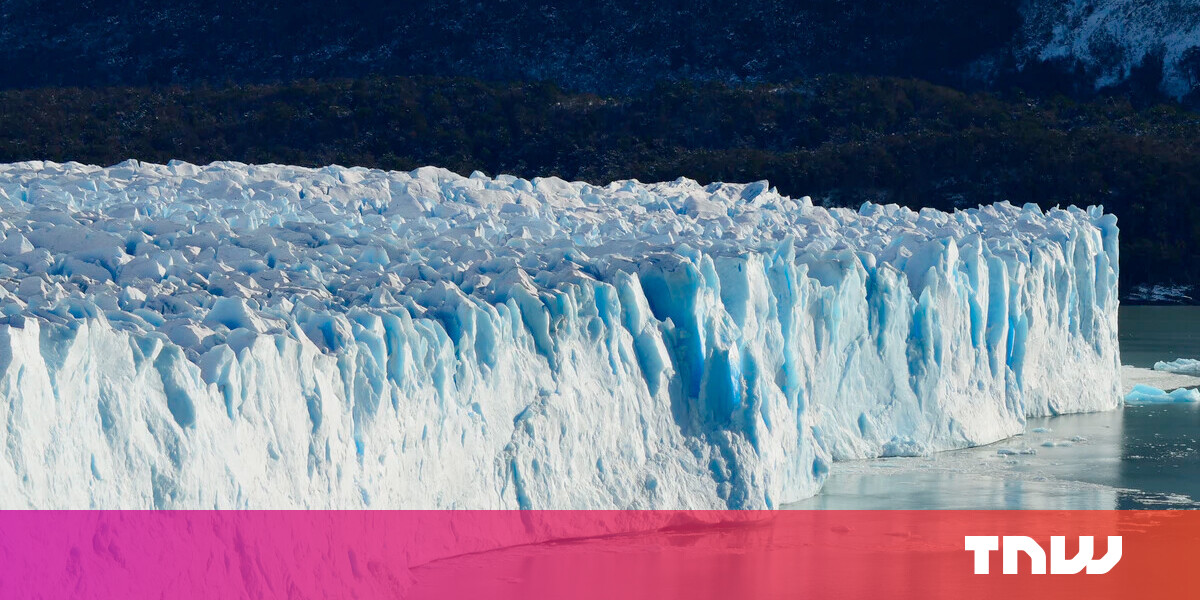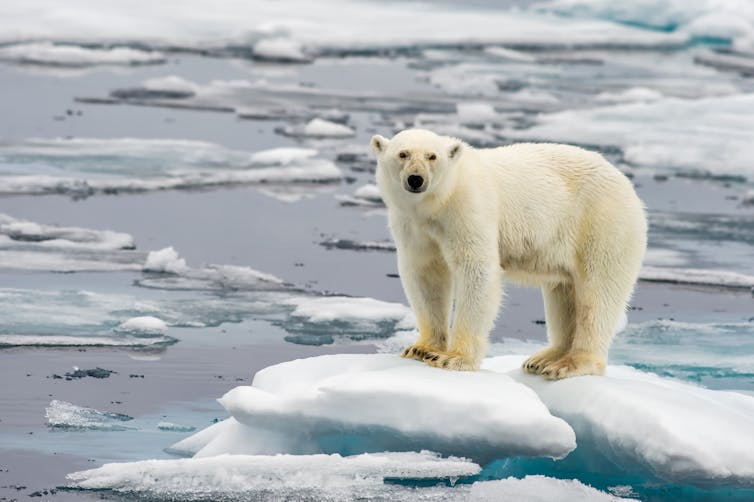#Journalists, climate crisis isn’t a topic up for debate

Table of Contents
“#Journalists, climate crisis isn’t a topic up for debate”
If you want to watch Movies or TV series visit the Dizi.BuradaBiliyorum.Com
I’ve observed very slow progress on the issue. But many news outlets do now present the climate crisis as fact rather than a matter of belief. Though given the scale of the problem, this feels like too little too late. This is why I, along with many other academics and psychologists, have joined the environmental campaign group Extinction Rebellion (XR).
This group of activists has long advocated for the need to put in place policies and regulations aimed at addressing the climate emergency and breakdown. Extinction Rebellion poses three demands:
- Tell the truth
- Net-zero emissions by 2025
- Organize Citizen Assemblies whose decisions are binding
Extinction Rebellion repeatedly claims that the government and media alike are not telling the truth about the gravity and seriousness of the climate crisis. This has led to a series of recent demonstrations against mainstream media outlets calling on them to highlight the crisis and to increase their coverage of climate issues.
So just how much of an issue is press coverage of the climate crisis and are journalists going far enough in their reporting?
False balance and distortions
Back in 2007, researchers from Oxford University highlighted the barriers to accurate and consistent coverage of the climate crisis.
[Read:
One of the key messages of their report was that sometimes coverage is poor not because of an intentional distortion by the media, but because of a clash between journalistic values and the need to tell the truth about the climate crisis.
Providing a balanced view is an important aspect of reporting and is highly valued by journalists. But research has found that so-called “false balance,” whereby a counter-argument or expert is given on a topic where there is otherwise overwhelming consensus, can distort the public’s perceptions of what ought to be non-controversial subjects.
The way the news is often framed (for example, whether a natural disaster is presented as an isolated incident or in the context of a large-scale phenomenon) can also lead to distortions. So can the types of images associated to climate change news – such as the iconic polar bears, or the melting ice. These images can make it seem like this is something happening far away that won’t impact most people’s lives.
Beyond consensus
I’ve spoken with Extinction Rebellion critics who argue that modern coverage of climate change no longer questions consensus. Indeed, research has found that more recently, the media does generally recognize the existence of a consensus in the scientific community – and that critics of climate crisis are in a small minority.

But the study also shows how distortions still occur in the way journalists frame and interpret climate change issues and expert opinions around it. These results support previous research that analyzed climate crisis coverage in British newspapers between 2007–2011. It found that uncontested skeptical voices – though in clear decline – were still present. This practice was predominant in editorials and opinion pieces in right-leaning newspapers often written by non-specialist, in-house columnists.
In other words, although the mainstream media has corrected its representation of scientific consensus, a skeptic view is still delivered to readers – just via opinion pieces or editorial rather than news reporting.
This can also be seen in the BBC’s recent response to a complaint concerning the way Justin Webb, presenter of Radio 4’s Today program, described the climate and ecological emergency as “a matter of opinion.” The complaint office responded by saying that while there is agreement on the reality and existence of man-made climate change, the “notion of there being a climate emergency is the subject of some debate.”
This is despite the fact that the UK Parliament has declared a climate emergency in response to accumulating evidence on the need to act urgently to save our planet.
Similarly, Rupert Murdoch’s Newscorp papers were promoting a skeptic reading of the devastating 2019 wildfires in Australia.
Outdated views
Research on journalistic norms shows how, by and large, journalists see their role as “informing the citizenry, free from influences of government or obligations to any external force.”
But in the upcoming book, The Psychology of Journalism, that I’ve edited with my colleague Peter Bull, we explore how demands posed by the political and economic system journalists work in can affect the way in which news information is presented. And this can also influence the way people receive and respond to the news.
Ultimately though, journalists can still be hesitant to adopt a “doom and gloom” approach when talking about the climate emergency. But research shows this is not the only way to talk about the climate crisis – and continuing to present it as a topic to be debated is outdated and dangerous.![]()
This article is republished from The Conversation by Sharon Coen, Senior Lecturer in Media Psychology, University of Salford under a Creative Commons license. Read the original article.
So you like TNW? Then join our upcoming online event, TNW2020, you don’t want to miss it.
Read next:
Microsoft acquires Bethesda — here’s what that means for gamers
if you want to watch Movies or Tv Shows go to Dizi.BuradaBiliyorum.Com for forums sites go to Forum.BuradaBiliyorum.Com
If you want to read more like this article, you can visit our Technology category.




